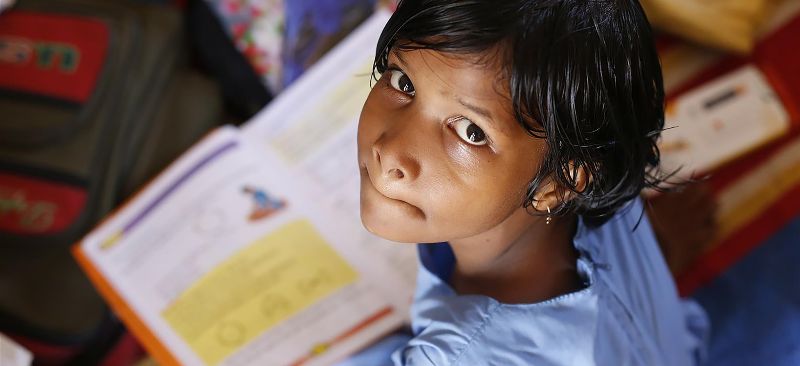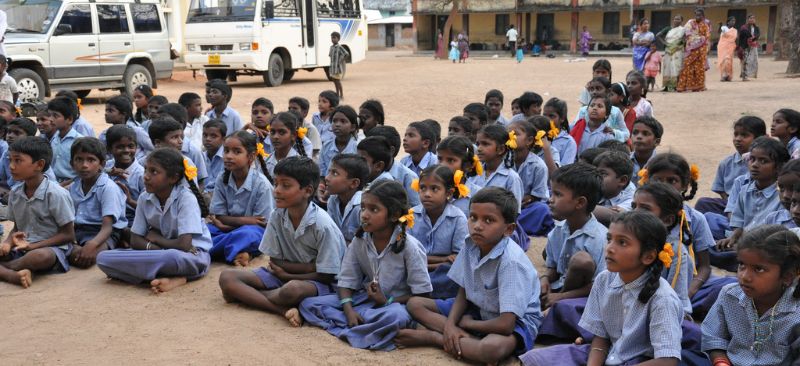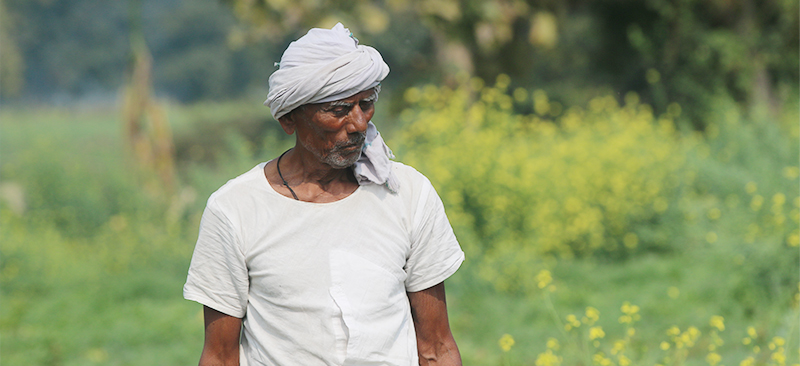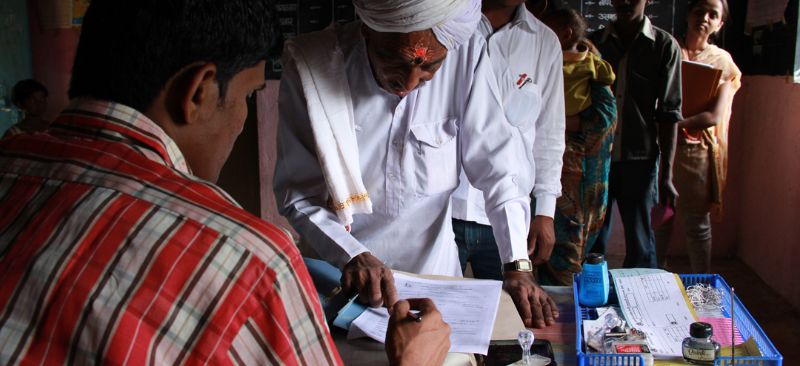Resource Type: India focus notes

Neha Parakh and Saborni Poddar
Between literacy and learning: Community engagement in public education –...
Community engagement initiatives must also consider the socio-cultural backdrop and capacity of the community members....
Oct 5, 2018

Neha Parakh and Saborni Poddar
Between literacy and learning: Community engagement in public education –...
For a child’s effective education, parents and the community as a whole play a key...
Oct 5, 2018

Arshi Aadil and Ritesh Rautela
Enablers For Direct Benefit Transfers Of Fertiliser Subsidy
Over the past few years, there was a continuous effort by the government to streamline...
Sep 24, 2018

Arshi Aadil and Ritesh Rautela
Barriers to Direct Benefit Transfers for Fertiliser Subsidy
The Indian government initiated DBT in fertiliser to plug leakages and bring transparency in the...
Sep 24, 2018

